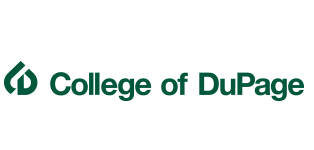Document Type
Article
Publication Date
Spring 2015
Abstract
This essay adopts a Continental philosophical approach to reading Plato’s Socrates in terms of a “third way” that cuts a middle path between doctrinal and esoteric readings of the dialogues. It presents a portrait of Socratic education that is at odds with contemporary views in education and curriculum that view Plato’s Socrates as either the teacher of a truth-finding method or proto-fascist authoritarian. It argues that the crucial issue of attempting to foster an ethical disposition (hexis) is a unique form of education, in terms of “care of the soul,” that unfolds only within the context of sustained dialectic interrogation. Education is a “difficult” process that entails the “turning” of the soul back to itself in an enlightened form, which is bound up with an ontological relationship of distance to the so-called “truth” of the virtues that appear in limited and dissembling ways to Socrates and the interlocutors. Ultimately, it is shown that “care of the soul” is grounded in the attunement (a pathos and deinon) that locates the human being in the world in such a way that “not-knowing” is the most original way in which our Being-in-the-world unfolds, and to embrace this “difficult” truth is to at once set oneself on the arduous but rewarding educative path toward the potential development of an ethical disposition (hexis).
Recommended Citation
Magrini, James M., "Facilitating an Ethical Disposition (Hexis) as “Care of the Soul” in a Unique Ontological Vision of Socratic Education" (2015). Philosophy Scholarship. 43.
https://dc.cod.edu/philosophypub/43


Comments
This article has been submitted for publication in the journal Studies in Philosophy and Education (Springer Publishers).